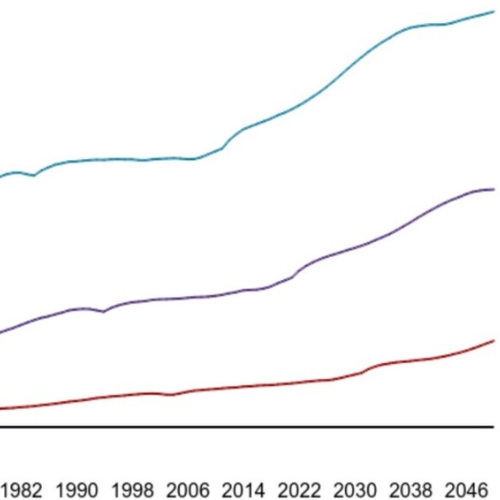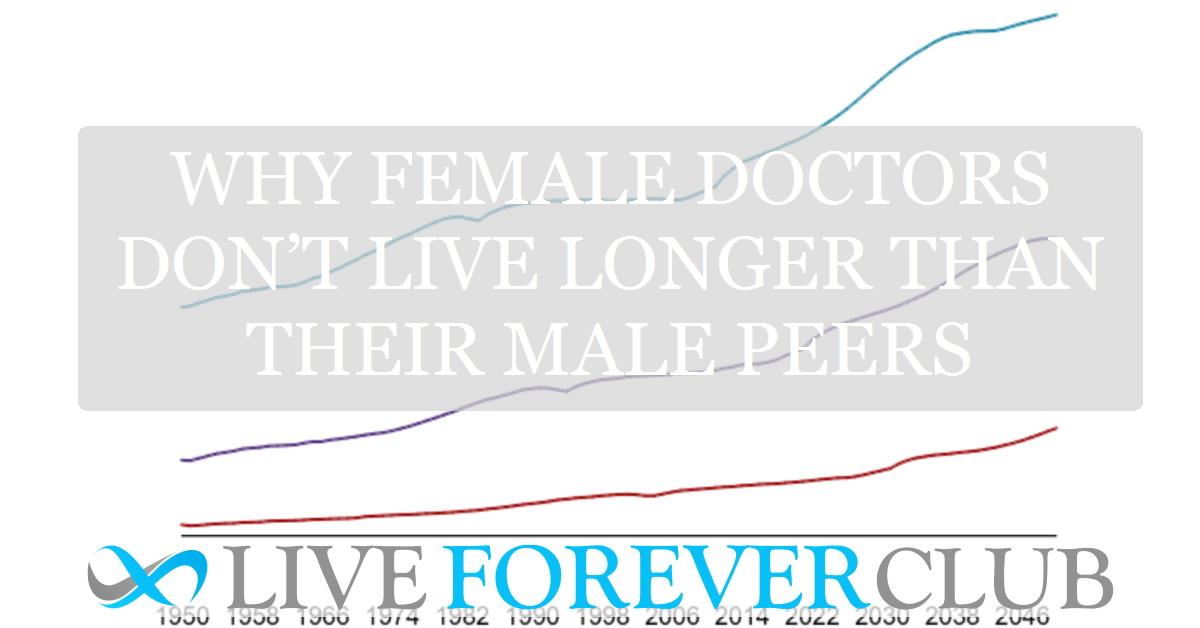Key points from article :
A new study challenges the common knowledge that women live longer than men—at least within the medical profession. While women in the general population and other high-income careers enjoy a lower mortality rate than men, the same advantage doesn’t seem to apply to female doctors. The research, which analysed newly available U.S. mortality data linked to occupations, found that while women in high-income professions like law and engineering are 40% less likely to die in a given year than men, this gap disappears among physicians.
The reasons behind this unexpected finding remain unclear. Typically, differences in income and education contribute to mortality disparities, but these factors are relatively equal among male and female doctors. One possibility is the demanding and stressful nature of medical careers, which may impact women's health differently. Previous research has shown that work-hour restrictions improved birth outcomes for female physicians, particularly surgeons, hinting at the toll that long and inflexible hours take. Additionally, gender bias in medicine—slower promotions, lower pay, and higher burnout rates—may also play a role.
Despite these challenges, female doctors achieve similar or better patient outcomes compared to their male counterparts. However, the study raises important questions about how workplace stress, bias, and work-life balance affect health outcomes for women in medicine. Understanding and addressing these disparities could lead to better support systems and improved wellbeing for all doctors.





